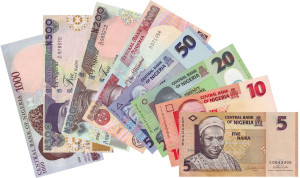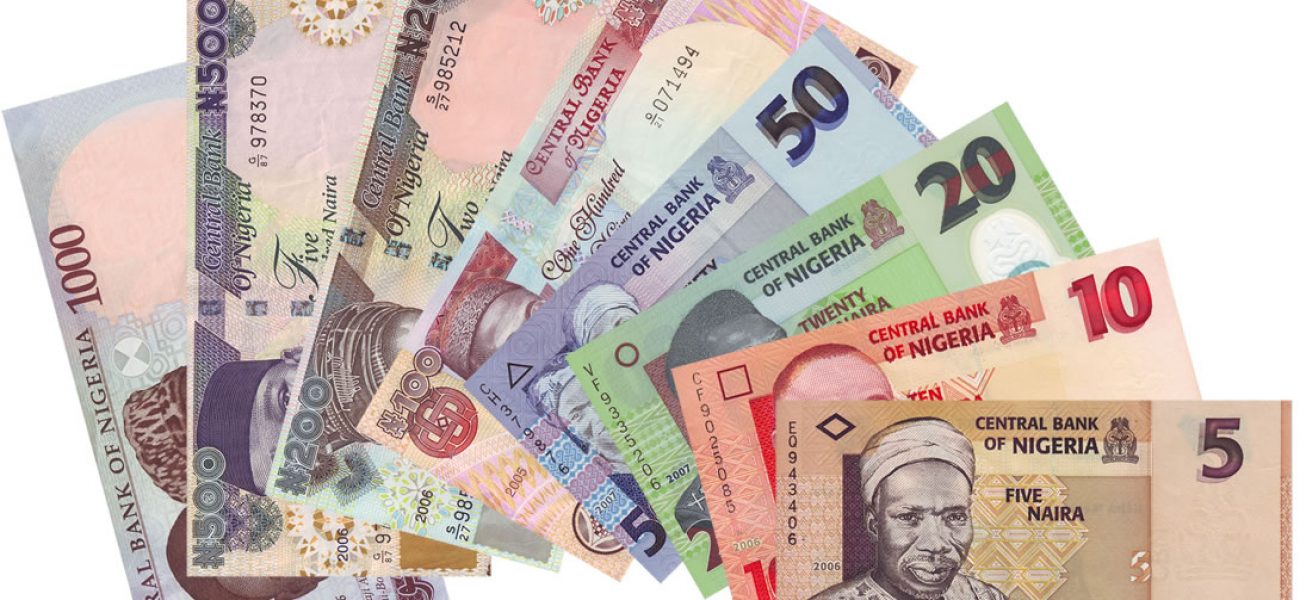 Concerns over the Nigerian economy continue to escalate due to Nigeria’s dwindling foreign and crude oil reserves. Recent statistics on Nigeria’s external reserve show a massive depreciation of about $15million from the $39.62 billion recorded in August this year to $39.47 billion that was recorded in October. Similarly, the country’s Excess Crude Account is currently below $ 2 billion. $2.7 billion alone was withdrawn in the month of September to supplement the poor revenue generated.
Concerns over the Nigerian economy continue to escalate due to Nigeria’s dwindling foreign and crude oil reserves. Recent statistics on Nigeria’s external reserve show a massive depreciation of about $15million from the $39.62 billion recorded in August this year to $39.47 billion that was recorded in October. Similarly, the country’s Excess Crude Account is currently below $ 2 billion. $2.7 billion alone was withdrawn in the month of September to supplement the poor revenue generated.
Among others, this sharp decrease has been attributed to the fall in global oil price as the Nigerian economy is highly dependent on the exportation of crude oil for foreign exchange and revenue and relies on this single commodity in its financing of the budget. Internally, the fall in oil production has been exacerbated by crude oil theft, pipeline vandalism, increased government spending from the excessive crude account and increase in the amount spent on defending the naira by the Central Bank of Nigeria (CBN).
Economists point that this precarious situation can be averted if drastic steps are taken to diversify Nigeria’s economy by making substantial investments in infrastructure, encouraging the manufacture and patriotic consumption of domestic goods and services and by encouraging accountability in government expenditure. They also advocate the reduction of the extra-budgetary expenditure and imports government’s spending from local and foreign sources as part of the long-term solutions in strengthening the economy and by so doing, the naira.
In the National Assembly, convinced that the $78 per barrel oil benchmark proposed by the Executive for the 2015 budget was unrealistic in the face of the declining oil price in the international market, the Joint Senate Committee on Finance and National Planning returned the Medium Term Expenditure Framework Document back to the Executive for further review. The House Committee on Finance has also indicated that it may return the MTEF document for the same reasons. A barrel of oil presently sells for $72.2 and has been forecast to fall even further.
The need to salvage the deteriorating state of the economy comes as a sharp reminder of the debt relief that Nigeria received from the Paris Club in 2005 where the sum of $18 billion was forgiven leaving optimists with the hope that the $2.3 billion yearly debt service would be ploughed into better power supply, a higher budgetary allocation in the health and education sector, better roads and infrastructure. Yet, five years after the debt relief Nigeria appears to be ominously walking towards the line it left famously not too long ago.

